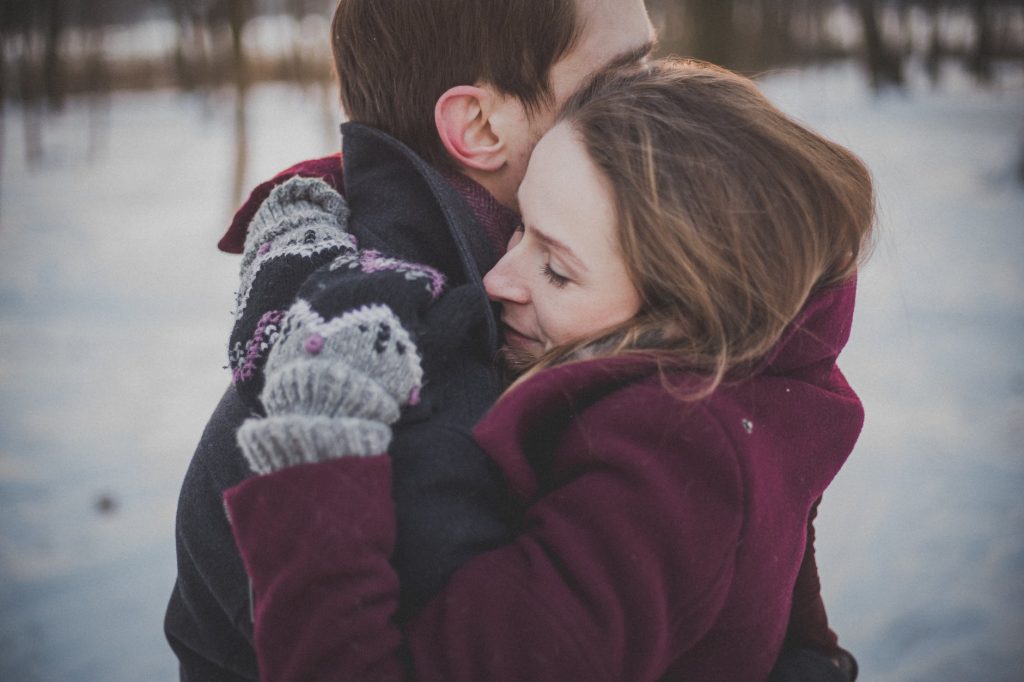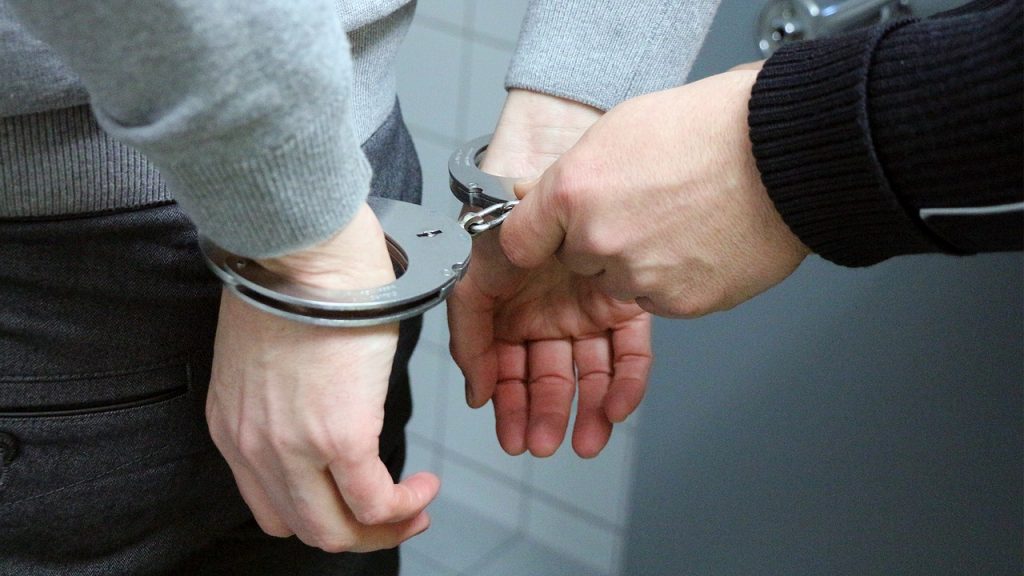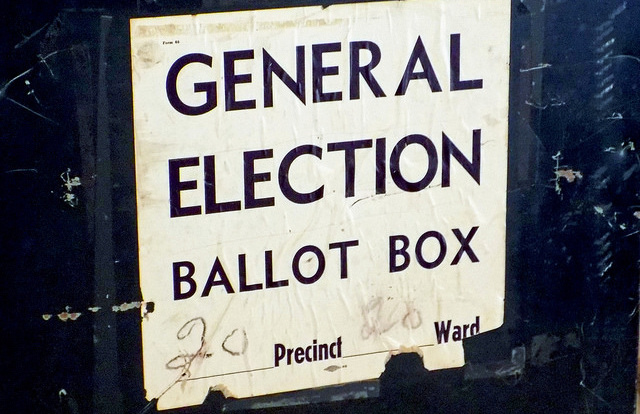You may have noticed that at RightsInfo, we’re all about human rights for everybody.
In the past few months we’ve covered women’s rights, men’s rights, children’s rights, and yes, even astronauts’ rights in space. But when it comes to actually exercising rights, or being protected from abuse of them, does it make a difference how old you are?
Protection versus Empowerment
 Image Credit: Freestocks.org / Pexels
Image Credit: Freestocks.org / Pexels
We need to make sure that everyone can enjoy and exercise their human rights. But we also need to make sure that more vulnerable individuals, such as children and young people, are protected from making choices which have consequences they can’t fully understand, or from being taken advantage of by others.
This is where legal minimum ages come in. These mean that you have to be a certain age in order to take part in certain activities or make certain choices. It’s not always straightforward: set them too low and we risk not providing enough protection to young people; set them too high and we risk not respecting their autonomy and agency.
So, in the UK, when can I…
…Consent to sex?

Image Credit: JE Shoots / Pexels
In all parts of the UK the age of consent to any form of sexual activity, for both men and women, is 16-years-old, making it offence for people under the age of 16. Generally, however, teenagers under the age of 16 won’t be prosecuted, provided both partners consented and they’re a similar age.
It wasn’t always this way. The age of consent for male homosexual relationships was originally set at 21 when homosexuality was decriminalised in 1967, before being lowered to 18 in 1994.
It took a 17-year-old gay man called Euan Sutherland to fight for the law to finally be brought in line with heterosexual relationships. He argued that setting the age of consent for homosexual activities at 18 years violated his right to a private life (protected by Article 8 of the Human Rights Convention). He also also said that, because of the disparity with the heterosexual age of consent, it was discriminatory (as prohibited by Article 14).
The courts agreed and in 2000 the UK government passed legislation lowering the age of consent for homosexual sexual relations to 16.
…Be charged with a criminal offence?
 Image Credit: 3839153 / Pixabay
Image Credit: 3839153 / Pixabay
The age of criminal responsibility is the age at which a child or young person is deemed capable of committing a crime. Below that age, children can’t be charged or tried for a criminal offence because it’s considered that their emotional, mental and intellectual development means they can’t be held responsible for their behaviour.
In England, Wales and Northern Ireland, that age is set at 10-years-old. In Scotland, it’s currently set at 8 years, the lowest age of criminal responsibility in Europe. However, in 2016 the Scottish Government announced that it would raise the age to 12 by 2018.
There have been many calls for the age of criminal responsibility in the UK to be raised, most notably from the UN Committee on the Rights of the Child, who argue that the present minimum age is incompatible with the UK’s obligations under international human rights law. The House of Lords are currently considering a private member’s bill which, if passed, would change the age of criminal responsibility to 12.
…Get married?
 Image Credit: Toanmda / Pixabay
Image Credit: Toanmda / Pixabay
Article 12 of the Human Rights Convention tells us that men and women of “marriageable age” have the right to marry and start a family. In the UK, that marriageable age is 16-years-old. If you’re in England, Wales or Northern Ireland, you must get consent from your parents before the age of 18; if you’re in Scotland, you don’t need this.
A minimum legal age for marriage helps protect children from abuse, harm, and exploitation. But child marriage is still a problem, even in the UK, and one which impacts on many other of our human rights.
Young girls who are forced to marry are more likely to be subjected to domestic violence or abuse (violating their right to freedom from inhuman or degrading treatment); are more likely to become pregnant younger (affecting their right to health, or even right to life); and are less likely to continue going to school (compromising their right to education).
And what about same-sex couples? Well, although there hasn’t been a ruling as to whether Article 12 specifically protects same-sex marriage, same-sex couples aged 18 and over have been able to marry in England and Wales since 2013, and in Scotland since 2014. It’s not recognised or performed in Northern Ireland, no matter what age you are.
…Vote?
 Image Credit: Mr Gray / Flickr
Image Credit: Mr Gray / Flickr
The Human Rights Convention protects the right to “free and equal elections.” In the UK, you’re entitled to vote when you’re 18 years old.
It’s taken us a long time to get to this point. The right to vote was originally only enjoyed by men who owned property over a certain value. In 1918, all men over 21 and women over 30 won the right to vote, before the voting age for women was lowered to 21 in 1928. The voting age of 18 came in 1969.
The current voting age has been justified as ensuring that people are sufficiently mature to understand information provided to them and make a choice for themselves about who to vote for. But there’s been plenty of debate recently as to whether 18 is too old. After all, at 16 you can leave home, start work, pay taxes and get married – so why not vote?
Sixteen and seventeen-year-olds were able to vote in the Scottish Independence Referendum in 2014, and a bill allowing them to vote in Scottish and local government elections was passed unanimously in 2015.
In the rest of the UK, there was considerable anger following the Brexit vote that those younger than 18 were not able to have a say in something which will affect them for years to come. A debate in Westminster on the issue of lowering the voting age ran out of time, meaning it’s unlikely to be put to a vote anytime soon.
…Consent to medical treatment?
 Image Credit: Oles Kanebckuu / Pexels
Image Credit: Oles Kanebckuu / Pexels
Consent is an expression of respect for the right to self-determination and autonomy. It means that we think that individuals are the best people to make decisions about themselves, for themselves, and that they shouldn’t be subjected to any treatment they don’t want.
In order to be able to consent to medical treatment, however, you must have the capacity to do so. This means that you must be capable of understanding and using the information provided to you to make a decision. In the UK, it’s presumed that from the age of 16 you have this capacity to consent to medical treatment. Below this age, generally your parents will consent on your behalf.
But there will be some circumstances where children and young people under the age of 16 can consent to treatment. Doctors must make a judgment in each individual case whether they have the capacity to do so. This is what’s known as “Gillick competence”, after the name of the case in which it was decided.
Mrs Gillick took her local health authority to court because it refused to give her an assurance that they would not give her daughters (all aged under 16) advice about contraception without her knowledge and consent. She argued that this was inconsistent with her rights as a parent.
The court disagreed and found that, as with adults, the correct test was whether a young person had sufficient understanding and intelligence to enable them to understand what was being proposed. If they do, doctors don’t act unlawfully in giving advice and treatment without parental consent.
If you’re in Scotland, the Gillick case doesn’t apply. However, legislation makes it clear that children and young people under the age of 16 will be judged to have capacity if they’re capable of understanding the nature and possible consequences of the procedure or treatment.







